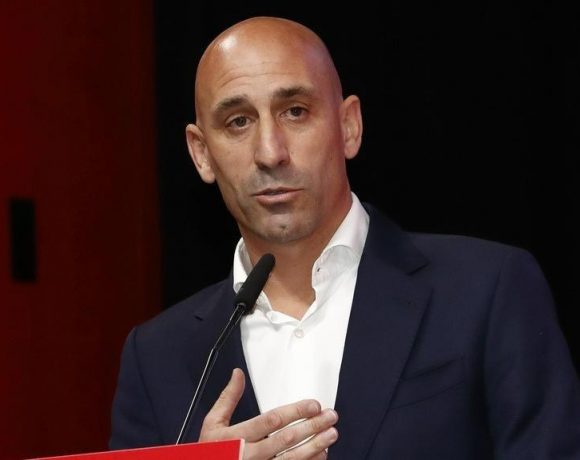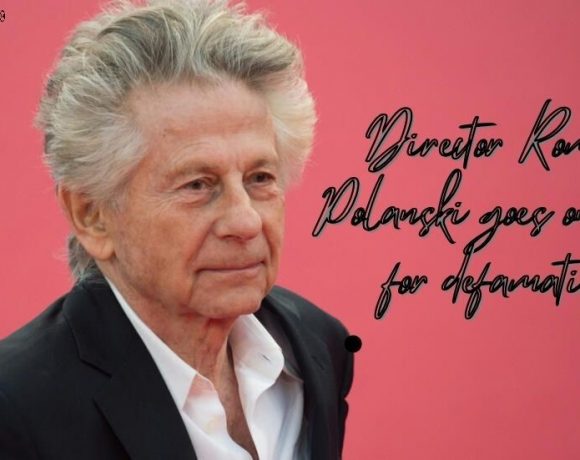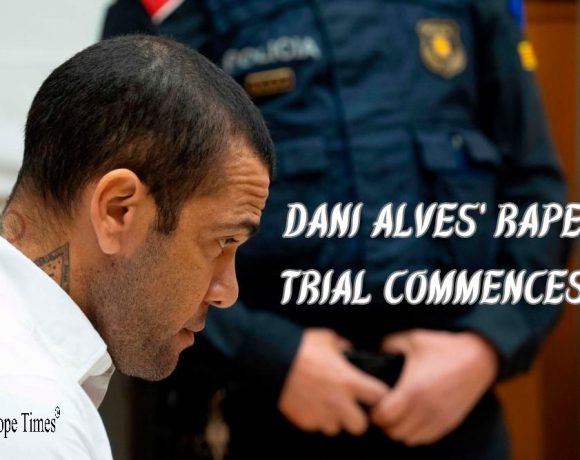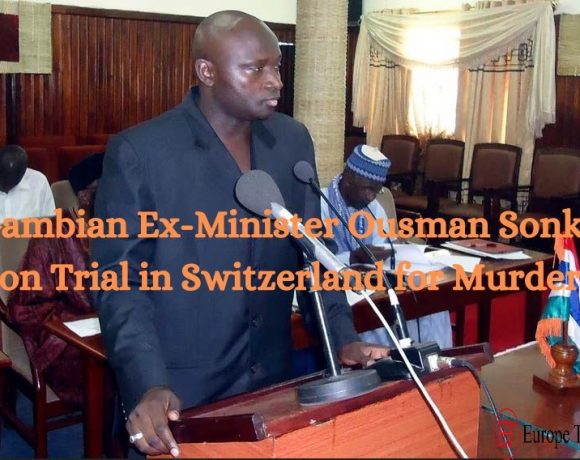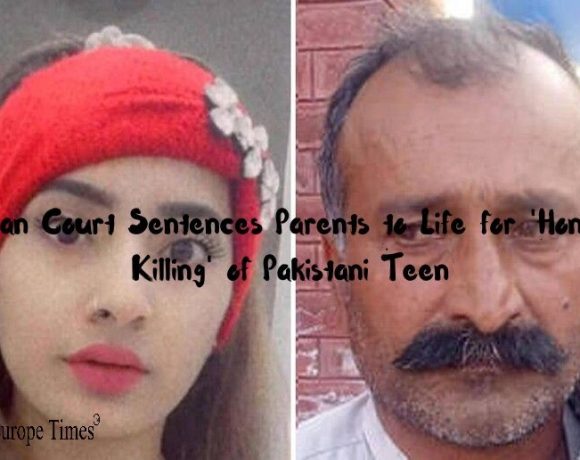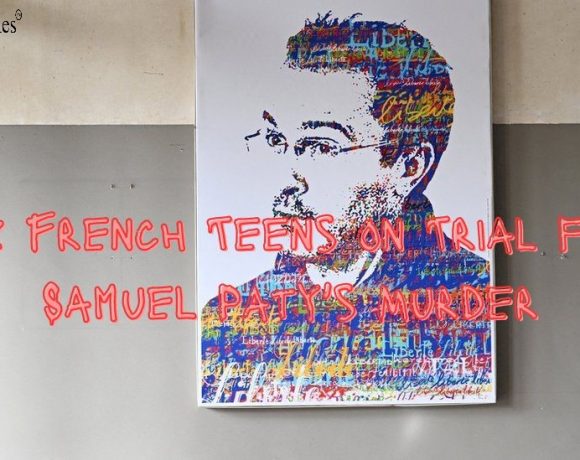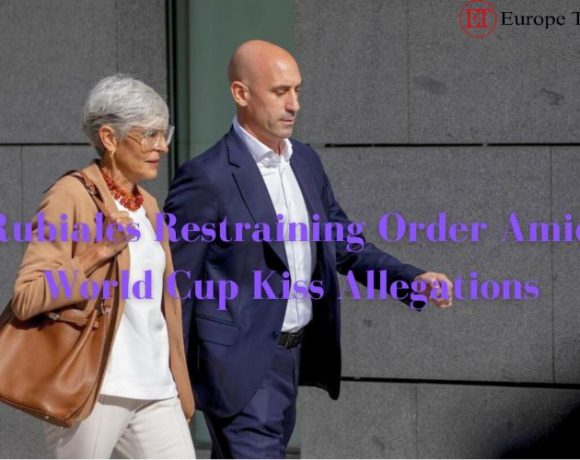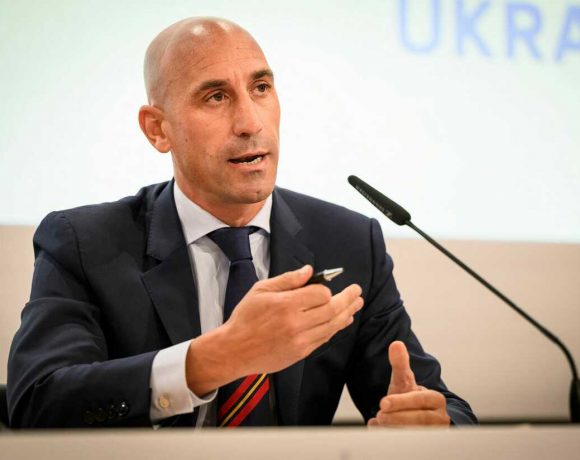
Luis Rubiales, the former head of the Spanish football federation, is facing trial for sexual assault and coercion stemming from an incident involving Women’s World Cup player Jenni Hermoso. The incident occurred during a World Cup match against England last year when Rubiales kissed Hermoso without her consent, sparking widespread controversy.
Rubiales, who resigned from his position following the incident, maintains his innocence, claiming the kiss was consensual. However, Hermoso and her teammates have stated otherwise, describing the kiss as unwanted and demeaning.
In addition to Rubiales, three other individuals associated with the women’s national team are also facing charges of coercion for allegedly pressuring Hermoso to claim the kiss was consensual. If convicted, each could face up to 18 months in jail.
The trial is set to take place at the Audiencia Nacional in Madrid, although the date has not yet been confirmed. Rubiales has been ordered to pay a bail of €65,000 for his sexual assault charge, with an additional bail for the coercion charge to be posted jointly with the other defendants.
Picture Courtesy: Google/images are subject to copyright

